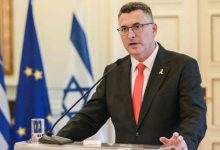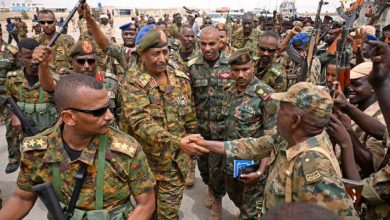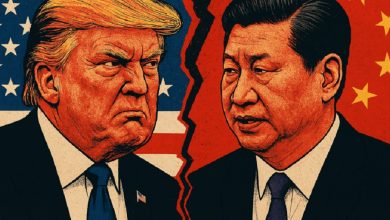Is France’s Right Wing Undermining Reconciliation with Algeria?
Hosting of Kabyle separatist group in French Senate seen as attempt to sabotage reconciliation efforts between Paris and Algiers after months-long political crisis.
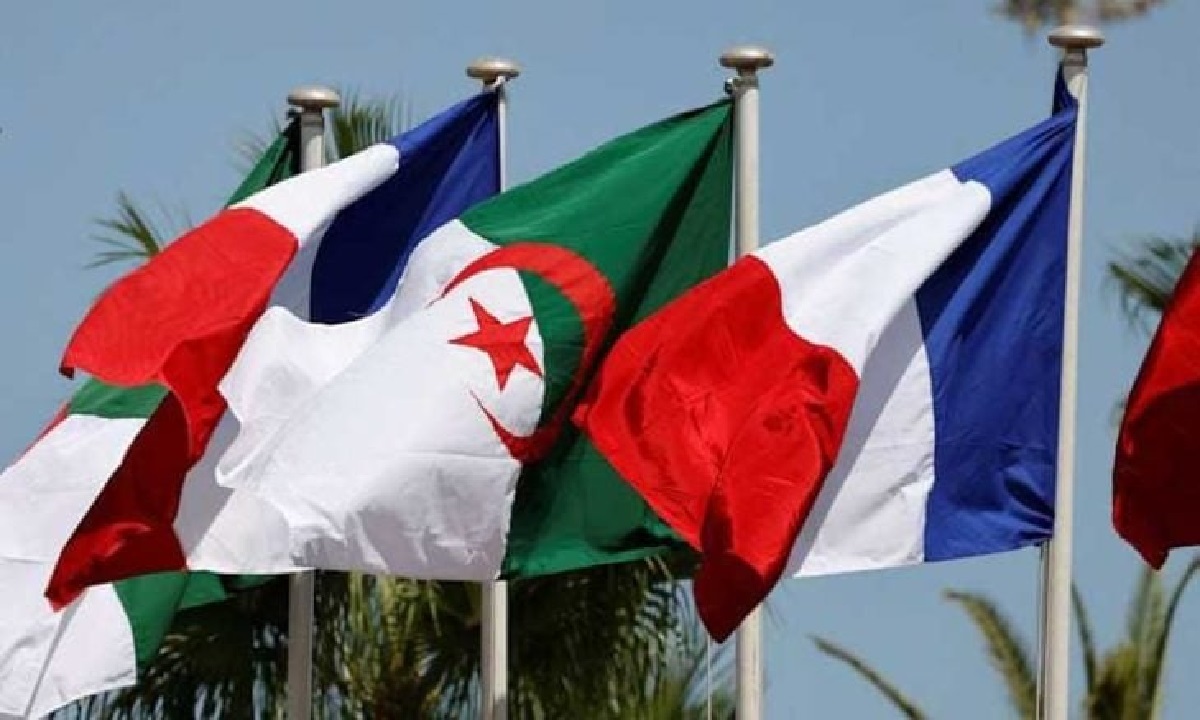
Watan-The French right-wing, known for its hostility toward Algeria, preempted the upcoming visit of French Foreign Minister Jean-Noël Barrot to Algeria—scheduled for this Sunday—with a provocative move aimed at derailing any potential resolution of the ongoing political crisis between Algiers and Paris, which has persisted since July 2024. On Thursday, French Senator Valérie Boyer hosted a delegation from the Movement for the Autonomy of Kabylie (MAK), a separatist group led by Ferhat Mehenni.
The meeting took place in the French Senate, a formal institution, in what appeared to be a calculated attempt to lend official weight to the encounter. During the meeting, Boyer reiterated her support for MAK, which has been classified as a terrorist organization by Algeria since May 2021 and whose leaders Algiers has repeatedly demanded be extradited to face justice.
Valérie Boyer, who orchestrated this move, is among the most extreme figures within the French right-wing Republicans party. She is also a “pied-noir”—descendant of French settlers who left Algeria at independence—and is known for her hardline positions, including calls to criminalize the denial of genocides, particularly the Armenian genocide, which triggered an enduring diplomatic rift between France and Turkey.
Boyer is also closely aligned with the Assad regime in Syria, consistently defends the pied-noir community and French collaborators during Algeria’s liberation war, and has authored legislation seeking to criminalize Algeria’s National Liberation Front. She is also an outspoken supporter of Israel.
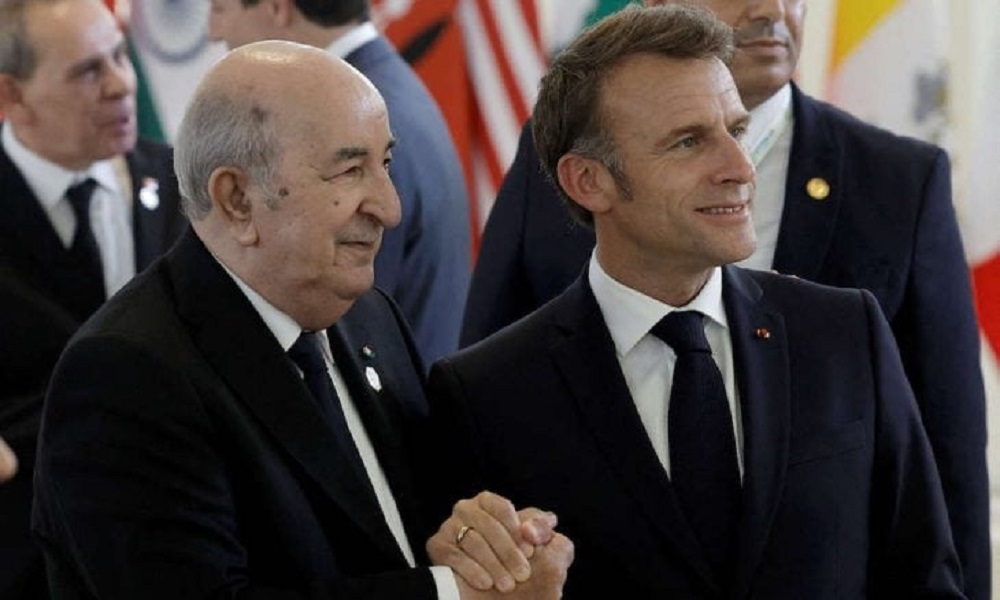
Attempt to Undermine Reconciliation?
Political analyst Kamal Riyach stated that the French right-wing’s decision to meet with MAK leaders is a deliberate attempt to obstruct the political reconciliation process that has been underway for nine months. This move, he said, touches on a highly sensitive issue for Algeria—the separatist group—and underscores Paris’s unwillingness or inability to act against MAK and its leaders. Riyach noted that the group enjoys strong political and media backing from the French right, especially amid the current crisis between the two countries. He emphasized that the decision’s timing and nature suggest it was calculated to sabotage the reconciliation process.
The political context of this move, along with other actions—including inflammatory right-wing rhetoric toward Algeria and renewed calls to expel Algerian migrants—comes just days after a phone call between Algerian President Abdelmadjid Tebboune and French President Emmanuel Macron. That call resulted in an agreement on several steps to resolve the diplomatic crisis. The MAK meeting also coincides with Foreign Minister Barrot’s planned visit to Algeria on Sunday to meet with his Algerian counterpart, Ahmed Attaf, and ahead of another visit by French Justice Minister Gérald Darmanin. These developments suggest that the French right is actively working to disrupt any efforts toward political normalization and to block any positive outcomes from the high-level talks.
Two days earlier, Algerian Foreign Minister Ahmed Attaf had spoken by phone with Barrot to coordinate the upcoming visit, part of efforts to end the political crisis that has persisted since July 2024. That crisis escalated after a phone conversation between Presidents Tebboune and Macron led to a set of political understandings, including resuming cooperation on migration and mobility, reviving judicial and security coordination, and immediately restarting the work of the joint French-Algerian historians’ commission. Agreements also included the return of Algerian resistance fighters’ remains and the development of economic and trade relations. The two presidents also discussed the case of Algerian-French writer Boualem Sansal and tentatively agreed to hold a bilateral meeting, with no set date yet.
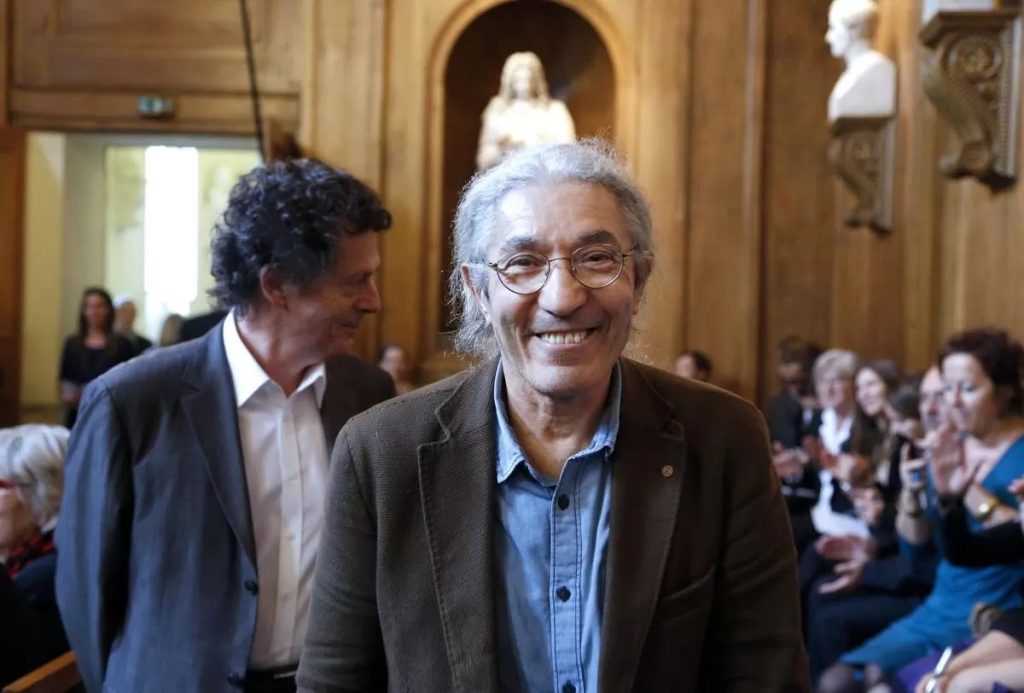
Political affairs researcher Jamal Khediri commented that this development was expected. He explained that the French right does not see any political benefit in resolving tensions with Algeria. On the contrary, prolonging the crisis serves their political agenda, particularly as France approaches presidential elections in two years. The right-wing views Algeria as a convenient electoral card that can be played at opportune moments to stir nationalist sentiment. Khediri recalled how the same political current successfully leveraged anti-immigrant sentiment in the 2007 elections, which saw Nicolas Sarkozy rise to power. He warned that the right is likely to take further provocative actions against Algeria, capitalizing on its influence in French institutions such as the judiciary, media, and government.
The crisis between Algeria and France escalated on July 5, 2024, when Algeria decided to downgrade diplomatic relations and immediately recalled its ambassador after the French government formally endorsed Morocco’s autonomy plan for Western Sahara. On November 16, 2024, the crisis deepened when Algerian authorities arrested writer Boualem Sansal upon his return from Paris. France subsequently hardened its stance in response to Algeria’s refusal to cooperate in repatriating deported Algerian migrants, even imposing travel restrictions on Algerian officials holding diplomatic passports.

